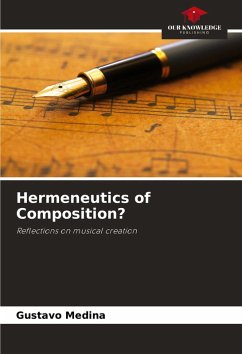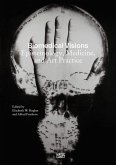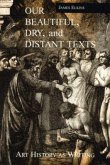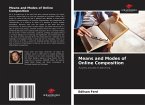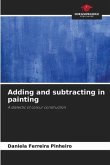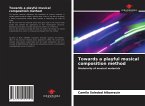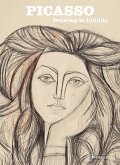Creation, a condition inherent to the state of humanity, seems to resist every attempt by the court of reason to explain it. Activities such as musical composition - which, like other artistic creations, demand a great effort from the imagination along with a complex mastery of technical skills in order to produce their works - are extremely difficult to explain, to the point of provoking metaphysical and subjective attributions and origins. This book presents an epistemological reflection between the scientific and/or humanistic approaches, culminating in a case study that uses the growing phenomenon of youth orchestras and their artistic-social proposal as a compositional paradigm. Questions such as 1) how to face this creative challenge; 2) what would be the "source of inspiration" and 3) how would the context of relationships surrounding the activity work, serve as a guiding line to the thoughts that question its understanding. In the form of a case study and as a practical application, it ends with a description of the compositional process of three symphonic works for children's orchestras and the permanent search for a balance between technique and aesthetics.
Bitte wählen Sie Ihr Anliegen aus.
Rechnungen
Retourenschein anfordern
Bestellstatus
Storno

